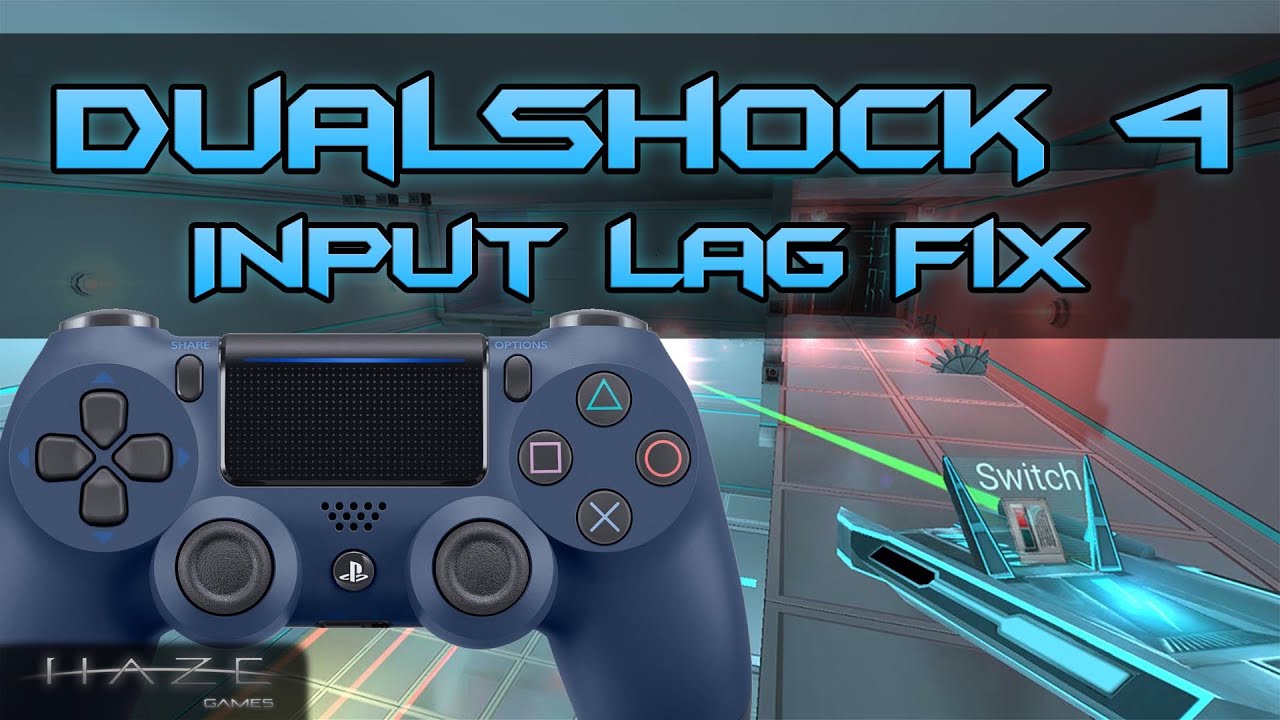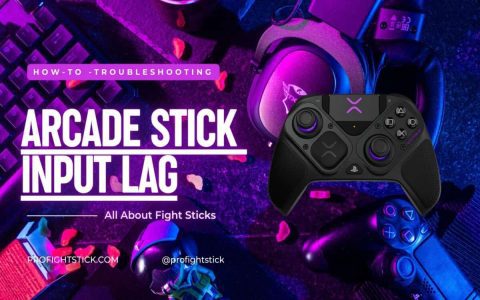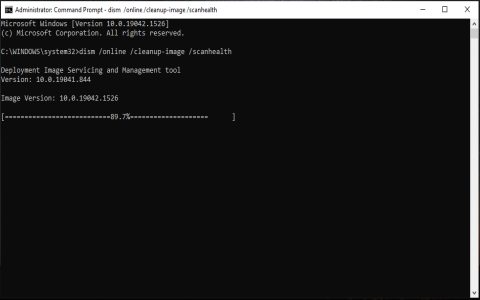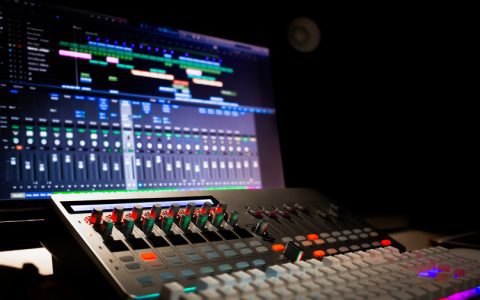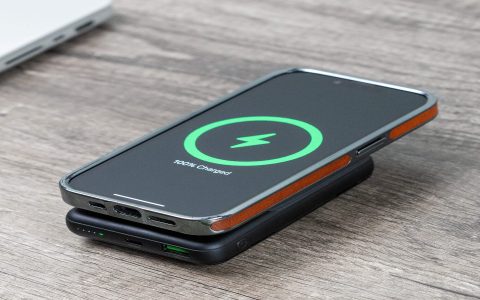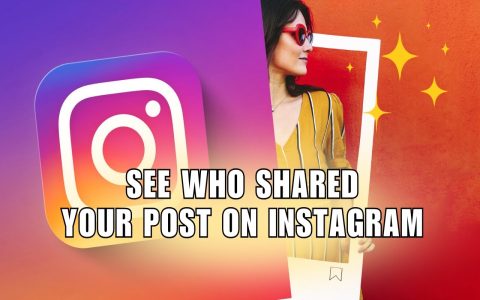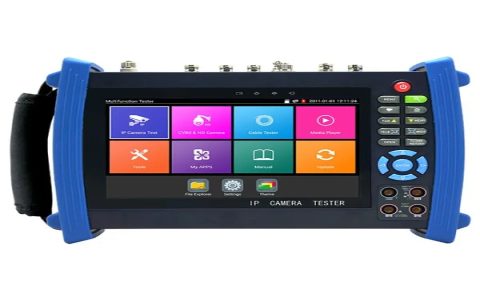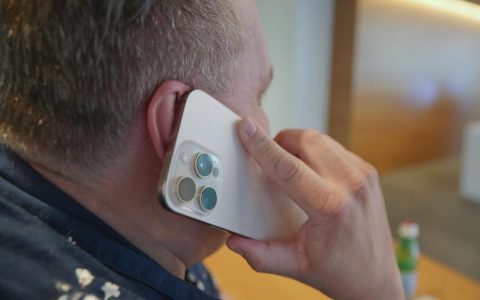Understanding PS4 Controller Lag on Android
Experiencing input lag when using a PlayStation 4 (DualShock 4) controller with an Android device can be frustrating. This delay between your button presses and the on-screen action can significantly impact gameplay. Several factors can contribute to this issue.
Common Causes of Input Lag
- Bluetooth Interference: Other wireless devices (Wi-Fi routers, microwaves, other Bluetooth peripherals) operating on the 2.4GHz frequency can interfere with the controller's connection.
- Low Battery: Insufficient power in either the controller or the Android device can lead to performance issues, including lag.
- Outdated Software: Obsolete Android OS versions might cause compatibility problems with Bluetooth connections or controller handling.
- Background Processes: Resource-intensive apps running in the background on your Android device can consume CPU and RAM, impacting Bluetooth performance.
- Distance and Obstructions: Physical distance and obstacles between the controller and the Android device can weaken the Bluetooth signal.
- Android System Settings: Certain power-saving modes or Bluetooth configurations on Android might inadvertently cause lag. Some Android devices inherently have higher Bluetooth latency.
Troubleshooting Steps to Reduce Lag
Follow these steps to diagnose and resolve PS4 controller lag on your Android device:
- Minimize Interference:
- Turn off other nearby Bluetooth devices if not in use.
- Move your Android device and controller away from Wi-Fi routers, especially those operating solely on the 2.4GHz band. If possible, connect your Android device to a 5GHz Wi-Fi network.
- Ensure there are no significant physical obstructions (like metal objects or thick walls) between the controller and your Android device.
- Charge Devices: Ensure both your PS4 controller and Android device have sufficient battery charge (ideally above 50%). Connect the controller via USB to see if lag improves, which could indicate a battery issue affecting wireless performance.
- Update Software:
- Check for and install any available Android OS updates on your device: Go to Settings > System > System update (path may vary).
- Optimize Android Performance:
- Close all unnecessary background applications to free up system resources.
- Disable any aggressive battery-saving modes or performance optimization features that might be throttling Bluetooth connectivity or CPU performance.
- Clear the Bluetooth cache on your Android device: Navigate to Settings > Apps > See all apps. Tap the three-dot menu and select Show system. Find Bluetooth, then go to Storage & cache > Clear cache. The exact path may vary slightly by Android version and manufacturer. Restart Bluetooth afterward.
- Re-pair the Controller:
- Unpair the PS4 controller from your Android device's Bluetooth settings.
- Reset the PS4 controller: Locate the small reset button in a pinhole on the back of the controller (near the L2 button). Use a straightened paperclip or SIM eject tool to press and hold it for about 5-10 seconds.
- Put the controller back into pairing mode (simultaneously press and hold the PS button and the Share button until the light bar flashes rapidly) and pair it with your Android device again.
- Test Proximity: Use the controller as close as possible to your Android device to rule out signal strength issues.
- Test Different Games/Apps: Determine if the lag occurs in all games and applications or if it's specific to one. This helps identify if the issue is system-wide or app-related.
- Consider Wired Connection (USB OTG): As a diagnostic step or a more stable alternative, try connecting your PS4 controller to your Android device using a USB OTG (On-The-Go) adapter and a standard micro-USB or USB-C cable (depending on your controller model). If lag disappears with a wired connection, it strongly indicates a Bluetooth-specific issue.
- Adjust Game Settings: Some games have internal settings for controller sensitivity or dead zones that, if misconfigured, might be perceived as lag.
If lag persists after trying these steps, the issue might be related to inherent Bluetooth latency in your specific Android device model, deeper compatibility problems, or limitations of the Android Bluetooth stack itself. Not all Android devices offer the same low-latency Bluetooth performance for gaming controllers.
